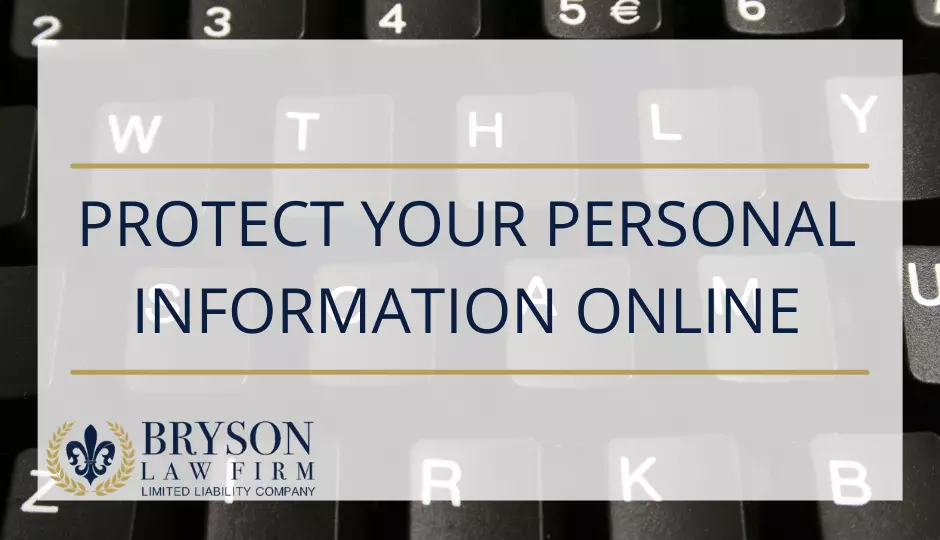Scams and schemes are ongoing, and you need to stay vigilant about securing your computers, phones, and other devices. Having strong cybersecurity and scam recognition is necessary to reduce the threat of identity theft.
The Internal Revenue Service works with the Security Summit, a partnership with state tax agencies and the private-sector tax industry to protect taxpayers from identify theft. They have tips to help minimize cybersecurity footprints and minimize exposure to fraud and identify theft:
Protect Personal Information
Your personal information should not be given out to just anyone. Information like social security numbers, credit card numbers, bank and utility account numbers have been used to steal a person’s money or open new accounts. Only provide your social security number when necessary, like conducting financial transactions on reputable, encrypted websites.
Use strong passwords
Use a password that will be easy for you to remember but also complex enough where it cannot be easily guessed. You should use passwords that are at least 10 characters in length and mix numbers, letters, and special characters. Be unpredictable! Don’t use names, birthdates, or common words. Don’t use the same password for many accounts and avoid giving your password out to others. You should keep your passwords in a secure place, or you can use password management tools.
Assign a password and encryption protection to your wireless networks. If your Wi-Fi is unsecured, computers in range can access the network and potentially steal information from connected devices.
Avoid phishing
The easiest way for criminals to steal personal information is my asking for it. The IRS urges people to learn to recognize phishing emails, calls, and texts that pose as banks, credit card companies, or even the IRS.
Scammers can pose as a friend, coworker, or a tax professional whose email has been compromised. Be aware of emails that include a request to download an attachment or to click on a URL.
Use security software
Anti-virus programs provide protection from viruses, Trojans, spyware, and adware. The IRS encourages everyone to use an anti-virus program and always keep it up to date.
Educate others about online safety
Children with less online experience may not be aware of the dangers of opening suspicious web pages, emails, or documents. They can put themselves at risk by leaving a trail of personal information for con artists to follow.
Back up files
Copy important files, including federal and state tax returns, onto removable discs or back-up drives and cloud storage. Store discs, drives, and paper documents in secure, locked locations.
Know the risks of using public Wi-Fi
Public Wi-Fi is convenient and usually free, but it can be unsafe as hackers and cybercriminals can easily steal personal information from these networks. Always use a virtual private network (VPN) when connected to public Wi-Fi.
Stay up to date on the latest IRS and tax news with our weekly blog posts and social media accounts. We have offices in Lafayette, Shreveport, Baton Rouge, New Orleans, Covington, Metairie, Houston, and Austin. Contact us today to schedule your FREE consultation.






















